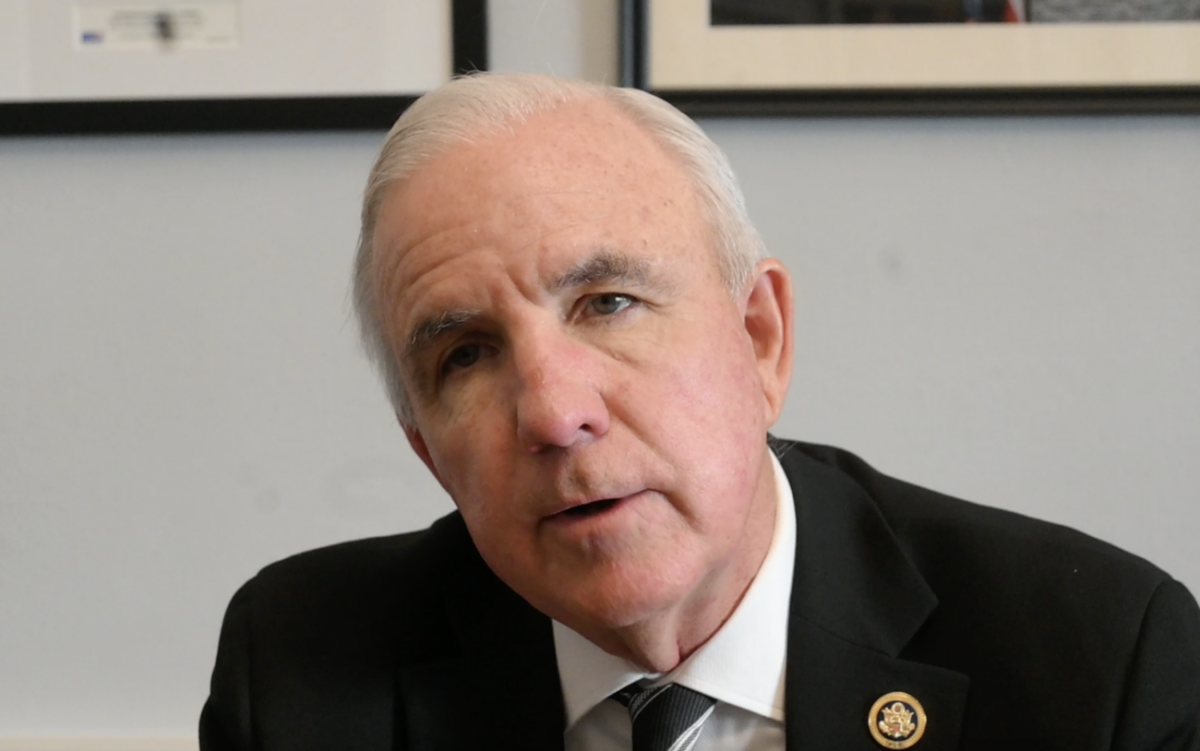Both Republican and Democratic members of Congress want to make prescription drug prices more affordable for Americans, as does President Donald Trump, who has asked for bipartisan legislation to cut drug costs for Americans.
Florida Congresswoman Debbie Wasserman Schultz (D) is supportive of Speaker Nancy Pelosi’s recently revealed Lower Drug Costs Now Act of 2019 (H.R.3), a measure that Senate Majority Leader Mitch McConnell (R) calling it a “Socialist price control” measure that is dead on arrival in the Senate.
“Prescription drug companies are charging Americans prices that are three, four, or even ten times higher than what they are charged for the same drugs in other countries,” said Wasserman Schultz
Florida Governor Ron DeSantis (R) and Rep. Matt Gaetz (R), along with President Donald Trump, have questioned why Americans are paying more than Canadians and other people for the same drugs.
DeSantis has advocated for bringing in cheaper prescription drugs from Canada to counter the same higher American drugs.
“One of the biggest drivers of this country’s out of control healthcare spending is the cost of prescription drugs,” said Governor DeSantis. “While our prices remain high, our neighbors in Canada are spending significantly less for the same drugs. These price disparities are indefensible and inexcusable and I am ready to act.”
Basically, here’s what’s in the Pelosi's bill:
- A requirement that the secretary of Health and Human Services negotiate the prices of “as many as possible” of the 250 most expensive drugs marketed in the United States that lack at least one generic or biosimilar competitor. HHS would have to negotiate at least 25 drugs annually, addressing the concern that requiring more could overwhelm health officials.
- Steep penalties for drugmakers who refuse to negotiate or comply with the outcome, equivalent to 65% of the drug’s annual gross sales, escalating up to 95% over time. There would also be penalties for overcharging, for example.
- Limits on price increases for drugs covered under Medicare Part B(which includes treatments at doctors’ offices and dialysis centers) and Part D (referring to prescription drug plans). Those price increases would be restricted to the rate of inflation, including retroactively those that have risen since 2016. Drugmakers could either lower their price or pay the difference to the government as a rebate.
- A $2,000 cap on the amount Medicare beneficiaries pay out-of-pocket for prescription drugs every year.
(Kaiser Health News)
Florida Senator Rick Scott (R) has introduced his Transparent Drug Pricing Act , a measure that Scott says puts Americans first.
“What was clear from today’s hearing is that there is no good explanation for why American consumers pay more for prescription drugs than consumers in Canada, Europe and Japan,” said Scott. “My bill that I introduced with Senator Hawley puts American consumers first. It would prevent drug companies from charging us more than they charge patients in other countries. I’m sick and tired of my constituents subsidizing European countries so they can keep prices low for their constituents. The system needs to change.”










